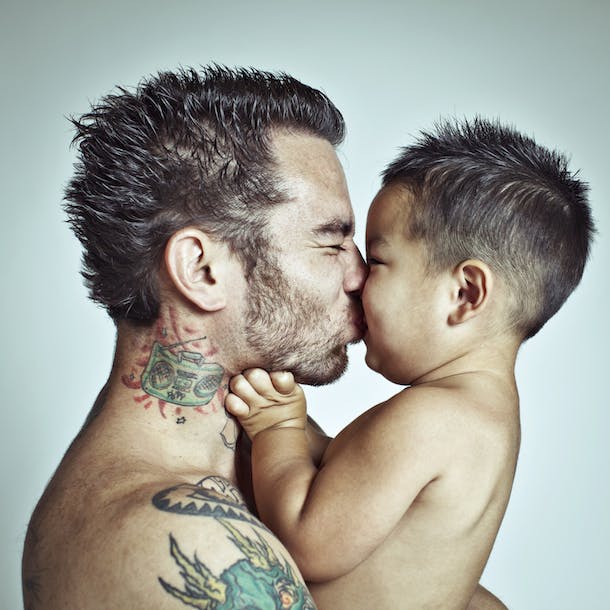
This week, as much of the world celebrates Father’s Day, I am reminded of the important role my own father played in my life. He came from a humble family, but entered the Brazilian Foreign Service straight out of college – a great feat that was the result of years of sacrifice and hard work, including night classes and multiple jobs to make ends meet. He inspired me to always dream big, no matter how difficult the road ahead might look. He also taught me early on that there is no such thing as a man’s job, or a woman’s place, and often said to me: “The secret to life is what YOU make it, and don’t let anyone tell you otherwise.”
It is clear that fathers not only play a critical role in their children’s lives, but they also play a critical role in promoting gender equality. For far too long, gender equality was seen as a “women’s issue” – a battle fought largely by and for women. Fortunately, there is a growing recognition that gender equality is not a zero sum game. As the United Nations and others have made clear, men and boys can – and must – play a role in promoting gender equality. And, in fact, gender equality benefits men and boys.
That’s why I’m thrilled to support the first-ever State of the World’s Fathers report, which was launched today. The report, published by the advocacy coalition MenCare, takes a deep look into the role of men in the household and the barriers that remain to promoting men as caregivers. It shows that fathers can promote women’s empowerment by taking on more responsibilities at home, which allows women and girls more time to pursue an education and income, focus on their health, and take on leadership roles. Men can also serve as powerful role models to help break the cycle of violence and discrimination. This has immense benefits for families, communities, and nations, but it also has benefits for the fathers themselves.
Interestingly, the report finds that fathers who are active in their families live longer, have fewer health issues, and are generally happier and more productive.
But the report also demonstrates that we must do more to support the world’s fathers as caregivers. While women now comprise 40% of the global workforce, they still spend up to 10 times more time than men on unpaid domestic work. In fact, there is not a single country in the world where men share an equal percentage of the domestic work. This not only hinders progress for girls and women, but it hinders progress for global development more broadly.
As the world turns its attention to the next set of global development goals, the findings of this report are particularly timely. One thing is clear: We cannot make gender equality a reality without men. We must continue to engage them, increase investments, and promote smart policies to support men and boys as caregivers.
This Father’s Day, read the State of the World’s Fathers report, and let’s all raise our voices to ensure men and boys can play an active role in promoting gender equality. If they do, we all win.
(Photo: Marilyn Nieves)



 View All Blog Posts
View All Blog Posts